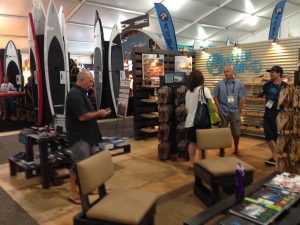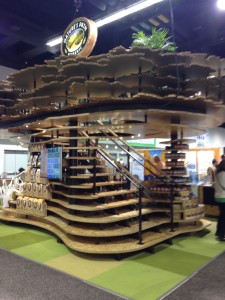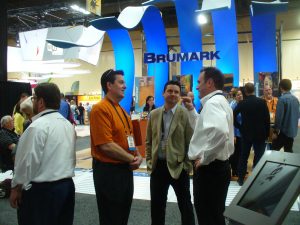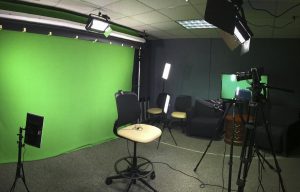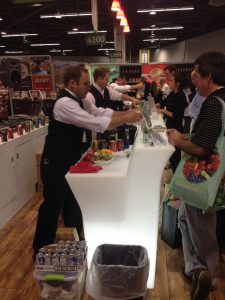Consider the Full Cost of a Tradeshow Exhibit
A new tradeshow exhibit is great! It shows off a new look for your company. Visitors will see you’ve upgrade which is a clear signal that your company is doing well and wants to show off its stuff. Employees will see that the company believes in its products or services enough to invest in a new exhibit that properly communicates a clear message to clients and prospects.
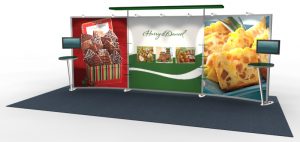
But in a way, having a new exhibit designed and built is like having a kid. Once the new booth has arrived, you have to take care of it! So that means the initial tradeshow purchase is just the beginning.
Most exhibitors will set aside a certain budget for a tradeshow exhibit. They will budget for the design, fabrication and shipping crates. But there’s more to it than that. Don’t forget the cost of shipping to the booth to and from the show. Beyond that, there’s flooring cost (sometimes included in the exhibit cost, sometimes not), setup cost and of course any show services costs, such as cleaning, internet, sign hanging and so on. Having a new booth may mean that some of the costs that you’ve incurred before will change – some will increase, some will decrease. For example, if you’ve had a heavy wood booth and your new booth is aluminum frame with fabric graphic, the overall weight of the booth will be less, hence a smaller shipping bill.
After that, you have the expense of travel and lodging for employees, rental cars, product samples and shipping. Yeah, the list goes on and on.
The cost of a tradeshow exhibit is pretty straightforward. But once the booth is ready to go, it’s like having a kid: now you have to support it, care for it and make sure it stays in good shape and doesn’t get into trouble!

